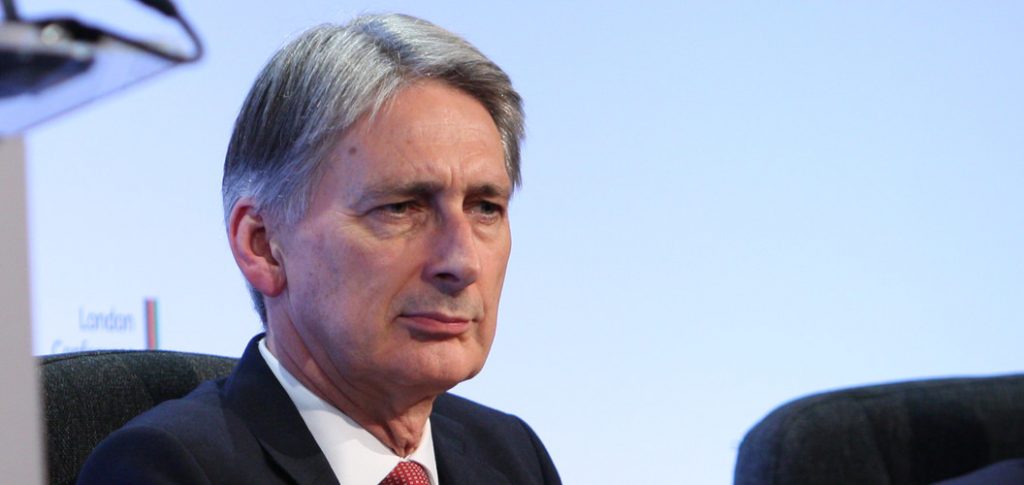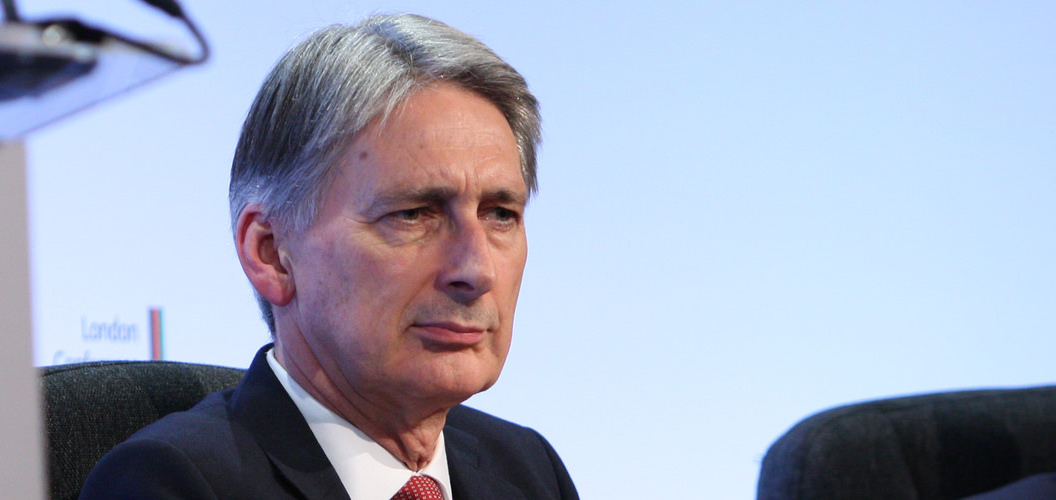
The chancellor Philip Hammond, once nicknamed Eeyore after the doleful donkey in Winnie The Pooh, led a budget that professed to bring good news. Guy Ware argues that the economic forecasts and policies such as Right to Buy pilots and the change in indexation from RPI to CPI, will do little to bring cheer.
The British public is tired of austerity, we are told. Luckily, that’s so over now.
The chancellor might have been forced to report the worst economic prospects for a generation, and to postpone deficit reduction until some point in the fourth millennium, but he still managed to titillate the Daily Mail. In a single sentence containing three demonstrably false assertions it declared: “A million first-time buyers were offered a lifeline yesterday as Philip Hammond brought austerity to a screeching halt with a £25bn spending spree.” Plus he told some jokes. “Eeyore no more,” indeed.
Personally, I always liked Eeyore. He may have been gloomy, but his heart was in the right place. The joy he found in a burst balloon and an empty honeypot was a thing of real wonder.
The chancellor, on the other hand, may have made whisky a little less expensive than it would otherwise have been, but otherwise offered little cheer to anyone who relies on public services or regards their existence as the hallmark of a civilised society.
Nonetheless, his budget was a success, of sorts. By this stage in the news cycle, we have become accustomed to the chancellor’s announcements falling into omnishambolic disarray. It is true that his biggest surprise—the abolition of stamp duty for first time buyers – burst like Piglet’s balloon the moment someone at the Office of Budget Responsibility got the chance to splutter: “He said what?” But somehow it didn’t seem to do him any harm.
From a parochial point of view, I was pleased enough to hear confirmation of the business rate retention pilot in London. Like other pilots, this is a small step toward greater local control of resources, if not yet any greater control over the setting of local taxes. (Readers outside the M25 might like to know that this “100% retention pilot” will actually result in London retaining 64% of the rates to be collected in the capital next year: £2.8bn will continue to support local services in the rest of the country.)
Giveaway
Apart from the welcome commitment to more frequent revaluations, however, there was no mention of that other Conservative manifesto promise—to reform the tax itself. Instead, there was the early cut in indexation from RPI to CPI.
This is no small beer. The previous plan to make the change in 2020 would have led, by 2040, to a cumulative loss of £80bn for local government services. By bringing it forward—and by the magic of compounding—the chancellor has increased the loss to a nice, round £100bn. That’s an awful lot of social workers and librarians. Yet the move attracted relatively little attention. No Corbynite seized upon this latest corporate tax giveaway. The business lobby were not exactly fulsome in their thanks. Even the LGA allowed the change to pass without comment.
Why? Partly because it was seen as old news, and partly because the tax has been successfully framed as a “problem”—particularly for small businesses. (It is an old saw that you incentivise business by cutting taxes, the poor by cutting benefits.) There are, of course, many things wrong with the way business rates work at present—which is precisely why many of us have argued for the real fiscal devolution that would allow reforms that work at local level.
The change in indexation was originally proposed in the context of wholesale changes that would also have determined what services the tax was supposed to pay for. By separating the two–and by appearing to forget the promise of wider reform—the chancellor has simply written billions off local government’s potential income without bothering to ask what the consequences might be.
Consequences
The rest of the budget meanwhile, went out of its way to ignore those potential consequences. The chancellor awarded some extra money to the NHS — albeit less than it wanted — but said nothing about adult social care. (The promised green paper is due in the summer of 2018, but there’s no sign of the cross-party consensus-building necessary for any real progress.) He said nothing about the growing and increasingly urgent crisis in children’s services funding.
Additional investment in housing will be welcome, but hardly constitutes the “spending spree” the Mail got so excited about. The vast majority of the new money is not actually money, but loans and guarantees or, in local government’s case, potential permission to borrow another £1bn between us—barely enough to touch the sides. Oh, and if we need help to pay for fire safety works post-Grenfell, we only need to ask (as if we hadn’t—and been rebuffed).
Meanwhile, despite the welcome disappearance of the high value asset proposals into the longest of long grass, the Midlands pilot suggests the government remains committed to the destruction of social housing by extending the “Right to Buy at a massive discount” to housing association tenants.
Reducing the waiting period for Universal Credit is a good idea, but does nothing to change the underlying £12bn cuts in welfare spending UC has been designed to deliver.
Social housing will continue to be sold faster than we can build it; “affordable housing” will remain an oxymoron; real wages will continue to stagnate and benefits will fall. What could possibly go wrong?
Not to worry, though. Because—in the fine British tradition of applying minuscule sticking plasters to gaping self-inflicted wounds— the government will fund some pilots to reduce rough sleeping.
Right.
It’ll take more than a few jokes about cough sweets to lift the gloom of Britain’s public servants. If you’re tired of austerity now, by the end of the decade you’ll be catatonic.

Guy Ware is director of finance,
performance and
procurement at London Councils.













